5 tips to help you plan an amazing corporate event
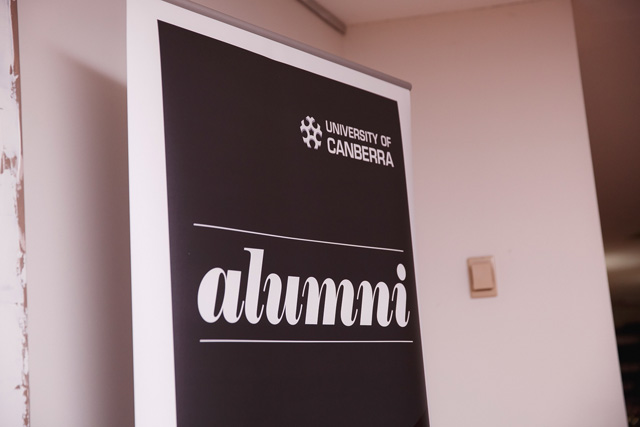
One of the more fun and interesting functions of the University of Canberra's Alumni Office is running of a wide range of different events for our graduates.
From reunions to gala dinners, networking events to professional workshops, you name it, our office has run it. Not only that, we also run events in exotic and far flung destinations such as Bhutan and Kenya!
Luckily for us we have our very own event management superstar to make sure all our events go off without a hitch. A graduate of UC herself, Caitlin Judd started with the UC earlier this year after helping to run the G20 Summit in Brisbane in 2014.
It doesn't matter if it's a party, wedding or corporate function, anyone who has run an event would know that the key to success is part art and part science. Thankfully, Caitlin has five hot tips to help make sure that your next event runs as smoothly as possible and becomes the talk of the social scene.
Running the ultimate event
Studying event planning at university and learning about "textbook" events and actually planning events in the real world are two very different things.
Having the ability to plan an awesome event comes down to your project management skills, your creativity and your networks. The actual knowledge behind event planning will come with practice and years of experience.
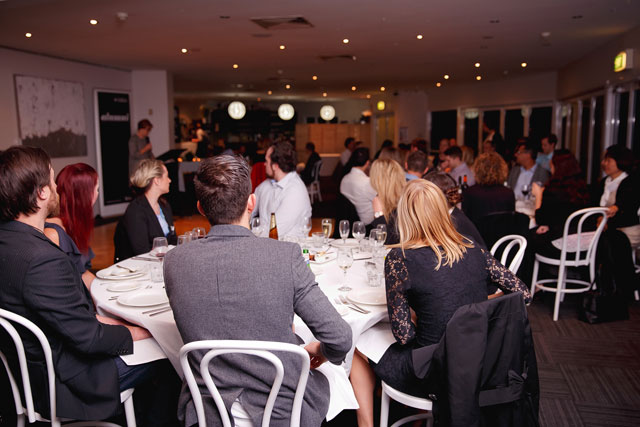
# 1 Plan for the best, plan for the worst
The number one thing event planners must understand is that 99% of the time, something is going to deviate from your carefully devised plan. And that is okay!
I have found the best way to plan events is by using a GANTT chart and creating an extensive list of things that need to be done prior to the event. Remember this should be a working document, so it's okay to change your timelines.
You must always consider your plan B, whether this is a contingency venue, a wet weather option, a back-up photographer or in some cases another date or time, it is so important to know you have a back-up should something go wrong.
Bonus tip
Always remember to factor printing time into your schedules.
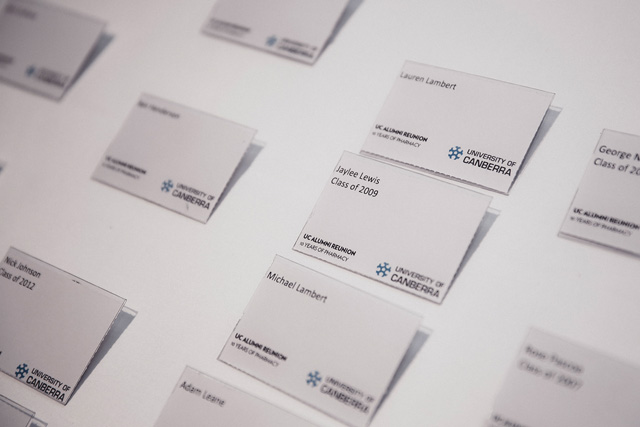
#2 Curate your guest list
My measure of success is planning an event that people actually want to go to, not feel they have to attend to 'be seen'. I think the best way of doing this is ensuring you create an experience for your guests that is mutually beneficial to both you (or your company) and the guest (or their company). Once you've ticked off all the initial essentials (venue, catering, entertainment, speakers etc.) your biggest to-do is curating your guest list.
Consider your strategic objective by asking yourself 'why am I hosting this event?'. Once you truly understand the why then you can start to ask who.
You should then consider the strategic objective of your guests by asking yourself why would they want to attend my event? What are they hoping to get out of it?
In most cases with working events, it is generally an advancement of knowledge and/or connections.
You can assist with your guests' enjoyment by carefully thinking about your run sheet and seating arrangements. Ensure the run sheet allows ample time for mingling and networking, whether this is a welcome reception at the beginning of the event or a working lunch at a conference. Secondly, think long and hard about where you seat people, if you think the strategic objective of your guest is to make new connections, place them with like-minded people who are in a similar industry.
At the end of the event, you hope that your guests have walked away learning something new, with a fist full of business cards and new possibilities.

#3 Don't underestimate the importance of the finer detail
When you're in the planning phase, you should consider the finer details of your event. You want to WOW your guests from the moment they receive their invitation to the thank you card they receive after the event. You want to leave a positive impression in peoples' minds so that the next time you (or your company) run an event, they are the first to RSVP.
Think about your theme, your colours, how you want to present the room, your table decorations, your invitations, your venue and make sure they all work in unison. Your styling should be consistent across all visual touch points, I like to search for inspiration on websites such as Pinterest and Instagram.
Generally the invitation is your first touch point for your guests, so make it beautiful!! Your guest should receive your invite and immediately want to RSVP.
A beautifully decorated room says to your guest that you have gone above and beyond to ensure the event's success. This doesn't have to be expensive, think about what you want to do and then head down to your two dollar shop, you will generally find everything you need! If decorating is not your thing and you've got the budget, talk to the experts, there are numerous event design companies out there today who live and breathe event styling.
Bonus tip
Pinterest is a great source of inspiration for ideas around your theme.
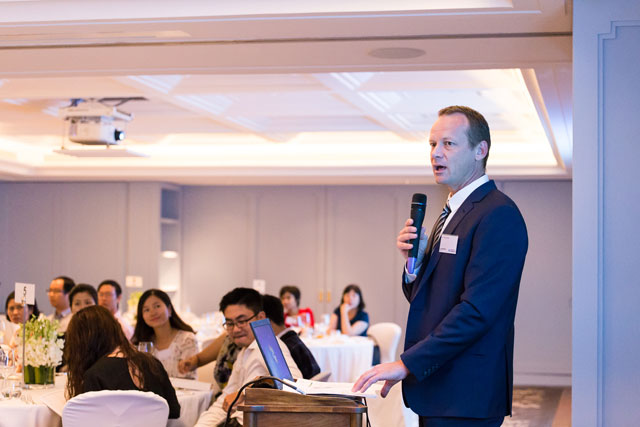
#4 Keep to time
Keeping to the run sheet is really important, for work events in particular. The best way to do this is to have a good Master of Ceremonies.
About a week out from the event, thoroughly brief your MC and make sure they know what they are required to do and when they are required to do it by. On the day, sit your MC on the table closest to the podium so they have easy access to the microphone.
If you have a number of items to get through on your run sheet, for example an awards ceremony, plan your run sheet to the nearest minute. If you plan to the nearest five minutes you will be there until midnight. Plan the details of the run sheet and then verbally go through it with a colleague to sense check. If there are speeches, stress the importance to your speakers of keeping to their allocated time limit. I would always suggest for large scale events that you do a timed rehearsal beforehand.
Bonus tip
Provide your run sheet to your venue beforehand so they can plan the catering around it.
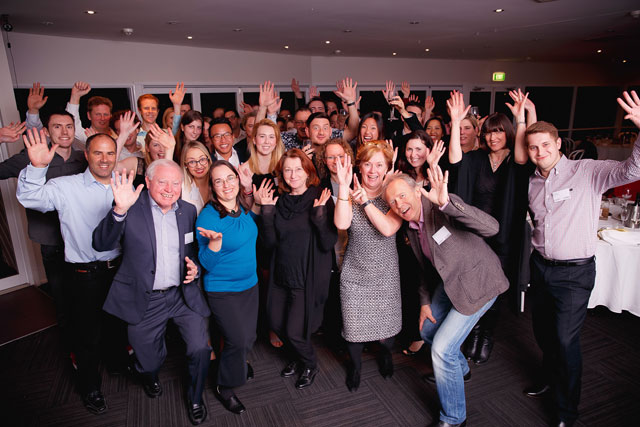
#5 Never stop learning
A good event planner will never stop learning from their mistakes. As each event passes, you will learn more do's and don'ts, the trick is to take them on board for the next event. It is okay to critically evaluate your event's successes and failures and analyse what could have been done better for next time. You should always complete a post-event evaluation report with feedback and recommendations. Speak with your guests during and after the event and get their direct feedback.
I can guarantee there will never be a point in time that you won't have a lesson learnt from your event, and that's exactly the way it should be.
Words by Caitlin Judd

